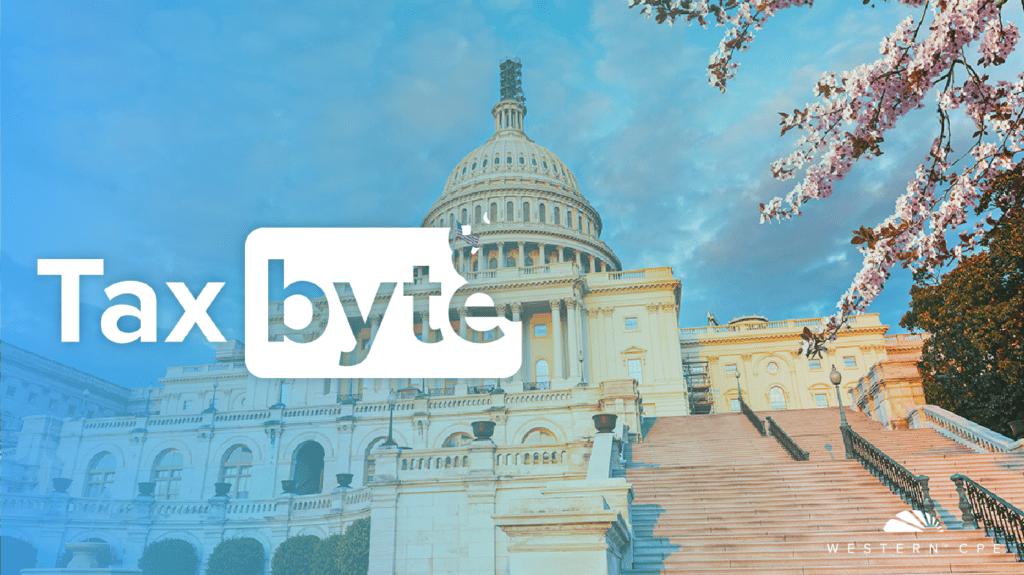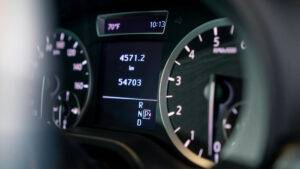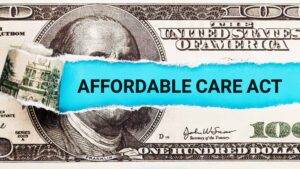

On July 25, 2024, the California Supreme Court delivered a landmark ruling upholding Proposition 22, a measure passed by California voters in November 2020. The Court’s decision in People v. Uber Technologies, Inc. allows companies such as Uber, Lyft, and DoorDash to classify their drivers as independent contractors rather than employees.
The Court’s ruling maintains that drivers for these app-based services are not employees but independent contractors. This classification exempts them from traditional employee benefits while ensuring they receive certain specific benefits under Proposition 22.
Compliance Requirements for App-Based Companies:
- Minimum Earnings Guarantee: Companies must ensure that drivers receive a minimum earnings amount per hour of driving (but not for waiting). This guarantee includes a base wage along with compensations for certain expenses.
- Health Insurance Stipends: Drivers are not entitled to full employee benefits but must receive health insurance stipends if they work a specified number of hours.
- Vehicle Expense Compensation: Companies must cover expenses related to vehicle maintenance, fuel, and insurance incurred during the performance of driving duties. Mileage reimbursement is currently 35 cents per mile (not the IRS standard mileage rate of 67 cents per mile.)
- Occupational Accident Insurance: Although drivers are classified as independent contractors, companies are required to offer occupational accident insurance, providing protection in case of job-related injuries.
- Preservation of Flexibility: The ruling ensures that drivers can continue to (1) set their own hours, (2) refuse ride and delivery requests, and (3) work for other companies.
Key Points of Applicability:
The decision specifically pertains to drivers for ride-hailing and delivery platforms that are explicitly covered by Proposition 22. The ruling does not extend to all gig workers. For example, it does not apply to workers in other gig sectors or industries who are not engaged with these specific app-based platforms.
For gig workers outside the scope of Proposition 22, the stricter “ABC test” established by the Dynamex Operations West, Inc. v. Superior Court of Los Angeles case and expanded by Assembly Bill 5 (AB5) continues to apply. This test is used to determine whether a worker should be classified as an independent contractor or an employee and generally applies to a broader range of industries.
Broader Implications and Context:
The implications of this decision extend beyond California, influencing ongoing legislative and judicial debates across the United States. Several other states have proposed or enacted legislation addressing the classification and benefits of gig workers:
New York: New York has contemplated legislation to establish minimum pay standards and benefits for gig workers, reflecting a growing trend to enhance protections within the gig economy.
Washington: Washington State has introduced laws that provide minimum earnings and limited benefits for app-based drivers, setting a precedent for similar measures in other jurisdictions.
New Jersey: New Jersey has actively evaluated the status of gig workers and proposed legislation aimed at ensuring fair compensation and benefits.
These developments illustrate the national dialogue on balancing the flexibility of gig work with the need for worker protections. As states continue to address these issues, the California Supreme Court’s decision on Proposition 22 will likely serve as a significant reference in shaping future legal and regulatory frameworks.
Recent Stories



The ACA Enhanced Subsidy Expires


IRS Premium Tax Credit FAQ Update: What to Know for 2026


